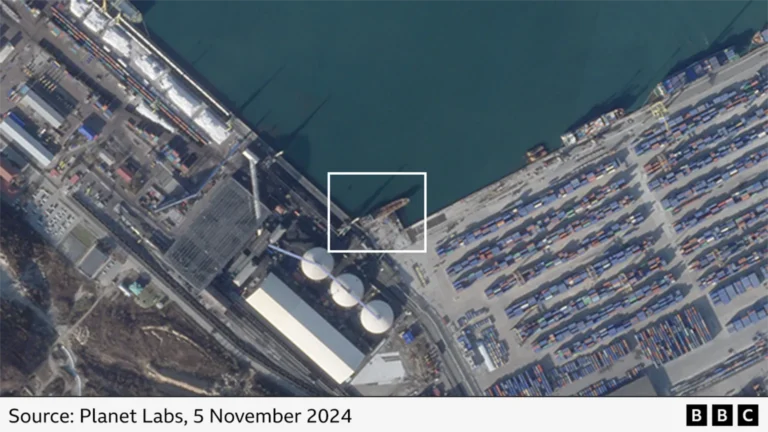
PDD Holdings, the Chinese parent company of the e-commerce platforms Temu and Pinduoduo, has reported disappointing financial results, as its sales and profits faltered amidst a slowing Chinese economy. This decline has affected the company’s stock price, with shares of PDD falling nearly 11% following the release of its quarterly earnings report. The results also highlight a broader trend in China’s e-commerce sector, where major players like Alibaba and JD.com have experienced underwhelming performances, largely due to waning consumer confidence in China.
The economic slowdown in China has been exacerbated by a persistent crisis in the property sector and high youth unemployment, factors that have significantly dampened consumer spending. In the quarter ending September 2024, PDD’s revenue reached 99.35 billion yuan (approximately $13.7 billion), falling short of analysts’ expectations of 102.8 billion yuan. This marks the second consecutive quarter that PDD has missed revenue forecasts, signaling a slowdown after years of rapid growth.
Jun Liu, the VP of Finance at PDD Holdings, acknowledged that the company’s revenue growth has slowed, citing intensified competition and external challenges. The company’s main Chinese platform, Pinduoduo, is known for offering low-cost products and deep discounts, which has made it popular with consumers. However, this model is being increasingly adopted by competitors, leading to a price war in the industry. James Yang, a partner at consulting firm Bain & Company, noted that China’s retail sector is facing headwinds, with consumer confidence yet to recover fully. Despite the slowdown, Yang believes that e-commerce growth will continue, though at a slower pace.
While Pinduoduo remains a major player in China’s domestic e-commerce market, Temu, PDD’s global platform, is also encountering difficulties abroad. Temu has faced challenges in several countries, where authorities are pushing back against its ultra-low prices and business practices. In Vietnam, authorities have required Temu and the Chinese e-commerce giant Shein to register with the government or face a ban. Similarly, Indonesia ordered tech giants Google and Apple to remove Temu from their app stores to protect local retailers. The European Union has launched an investigation into Temu, examining whether the platform facilitated the sale of illegal products, which could lead to significant fines. In the United States, potential tariff hikes on Chinese goods could undermine Temu’s business model by increasing the cost of its products, which are sold at extremely low prices.
Temu’s challenges are compounded by the uncertainty surrounding trade policies. Alicia Yap, an equity analyst at Citi, pointed out that potential tariff changes and regulatory scrutiny in various countries could hurt Temu’s competitive edge. The combination of domestic economic challenges in China, international regulatory pressure, and rising competition has left PDD Holdings struggling to maintain its rapid growth.
In conclusion, PDD Holdings faces a tough road ahead, as both its domestic and international platforms deal with external pressures and an increasingly competitive landscape. While Pinduoduo remains popular in China, its global counterpart, Temu, must navigate the challenges of operating in an international market, where regulatory and tariff issues threaten its business model. With the ongoing economic slowdown in China and the rise of competitors adopting similar pricing strategies, PDD Holdings will need to adapt quickly to maintain its position in the e-commerce industry.






